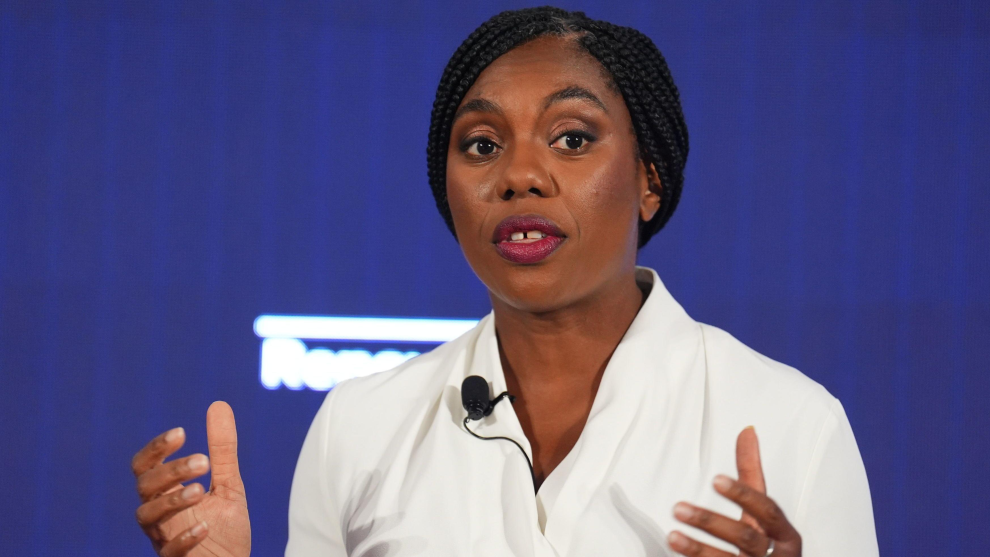Transgender individuals could be directed to use disabled toilets, Kemi Badenoch has suggested, in the wake of a landmark Supreme Court judgment clarifying definitions of “woman” and “sex” under the Equality Act.
The ruling confirmed that these terms refer strictly to biological sex, allowing organisations to lawfully exclude transgender women — those who are biologically male but identify as female — from women-only spaces such as toilets and changing rooms.
Speaking on ITV’s Good Morning Britain, Mrs Badenoch, the Conservative Party’s leader in the House of Commons, downplayed concerns over the implications of the judgment. “It’s not as complex a situation as it’s often made out to be,” she said.
She added: “The thing that has created the biggest problem isn’t trans people, it is predatory men who used lax rules to say, oh, actually, I’m a woman now, I’m going to women’s loos.”
Pressed on whether separate facilities should be provided for transgender individuals, Mrs Badenoch pointed to existing arrangements: “Most, if not all, organisations have a way of dealing with this. Not having gender-neutral loos is one of the easiest things that you can do. Almost all businesses I see have disabled loos. They are unisex, different from gender neutral. Trans people can use those. But if you are providing a single-sex space, it has to be a single-sex space.”
Mrs Badenoch noted that she had issued regulations regarding toilet provision two years ago, recalling: “Lots of people laughed at the time.”
Cabinet Office minister Pat McFadden also weighed in, suggesting the “logical consequence of the judgment” and forthcoming guidance would be that individuals use toilets, changing rooms, and similar facilities corresponding to their biological sex. However, he assured viewers on the BBC’s Sunday with Laura Kuenssberg that “there isn’t going to be toilet police.”
The Government is now awaiting updated guidance from the Equality and Human Rights Commission (EHRC) to clarify the ruling’s practical implications.
In a statement, the EHRC emphasised that transgender women should not access women’s facilities in workplaces or public-facing services such as shops and hospitals. The same principle would apply to transgender men, who are biologically female, in relation to men’s spaces.
Nonetheless, the watchdog stressed that transgender individuals “should not be put in a position where there are no facilities for them to use.” It is currently drafting a more detailed code of practice, which it expects to submit to ministers for approval by June.














